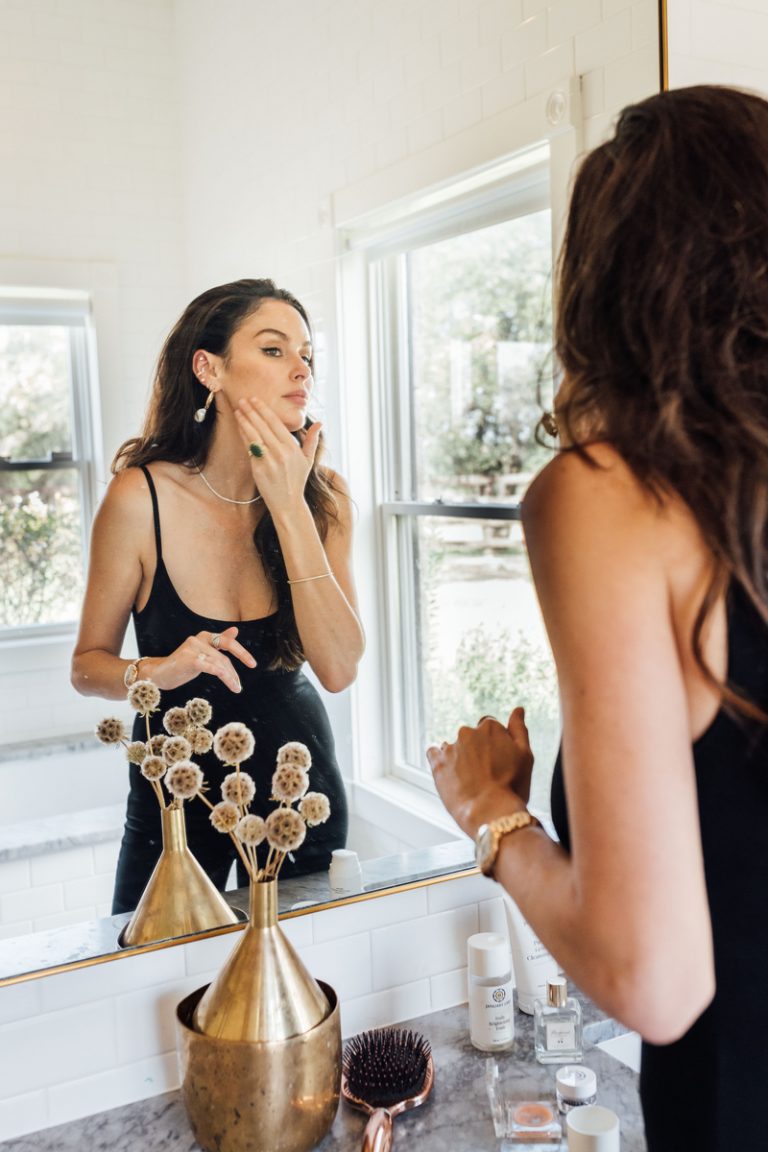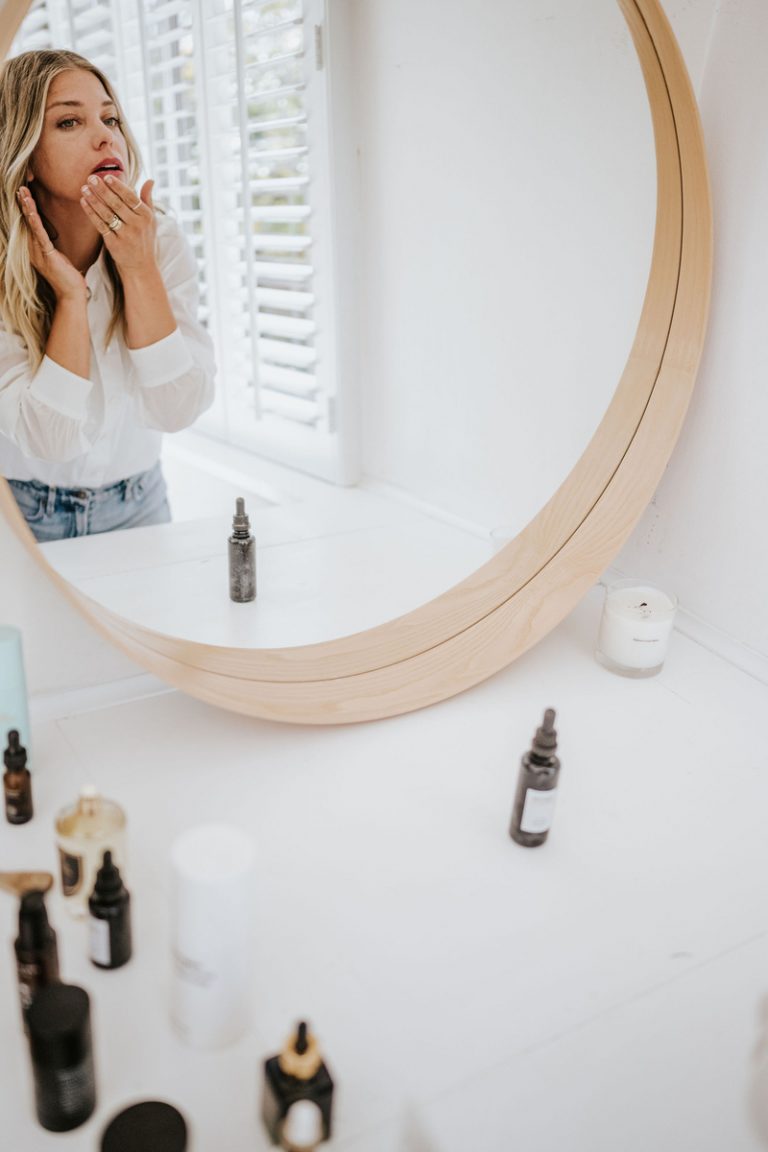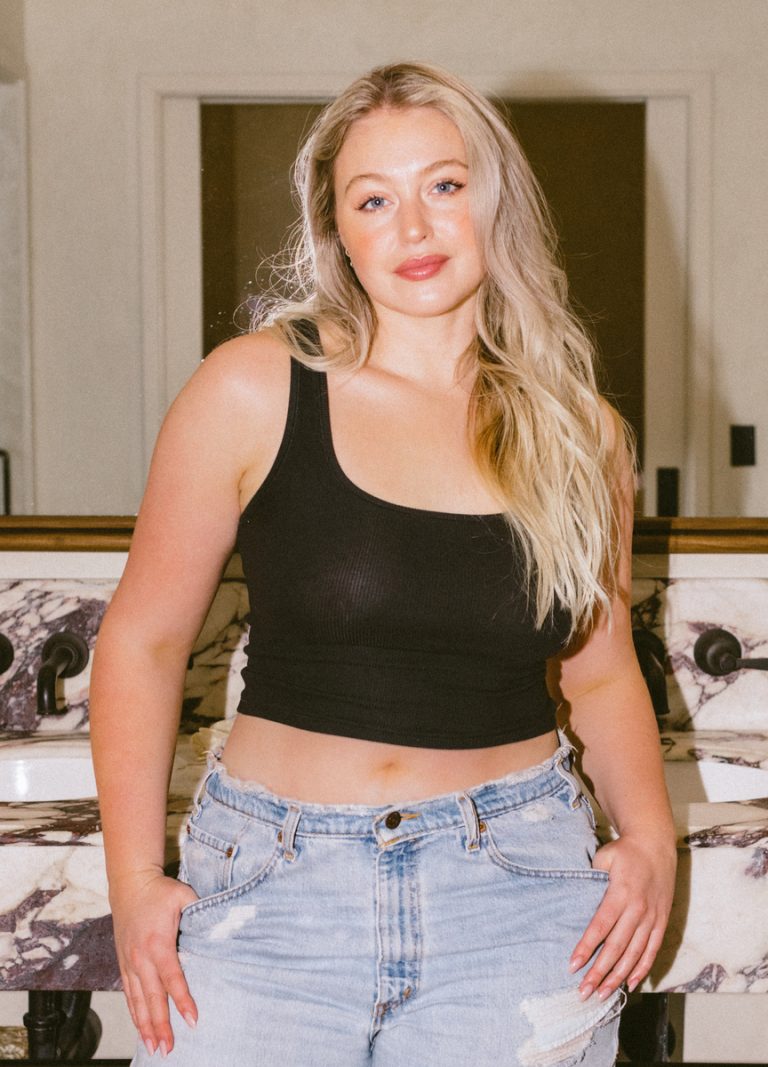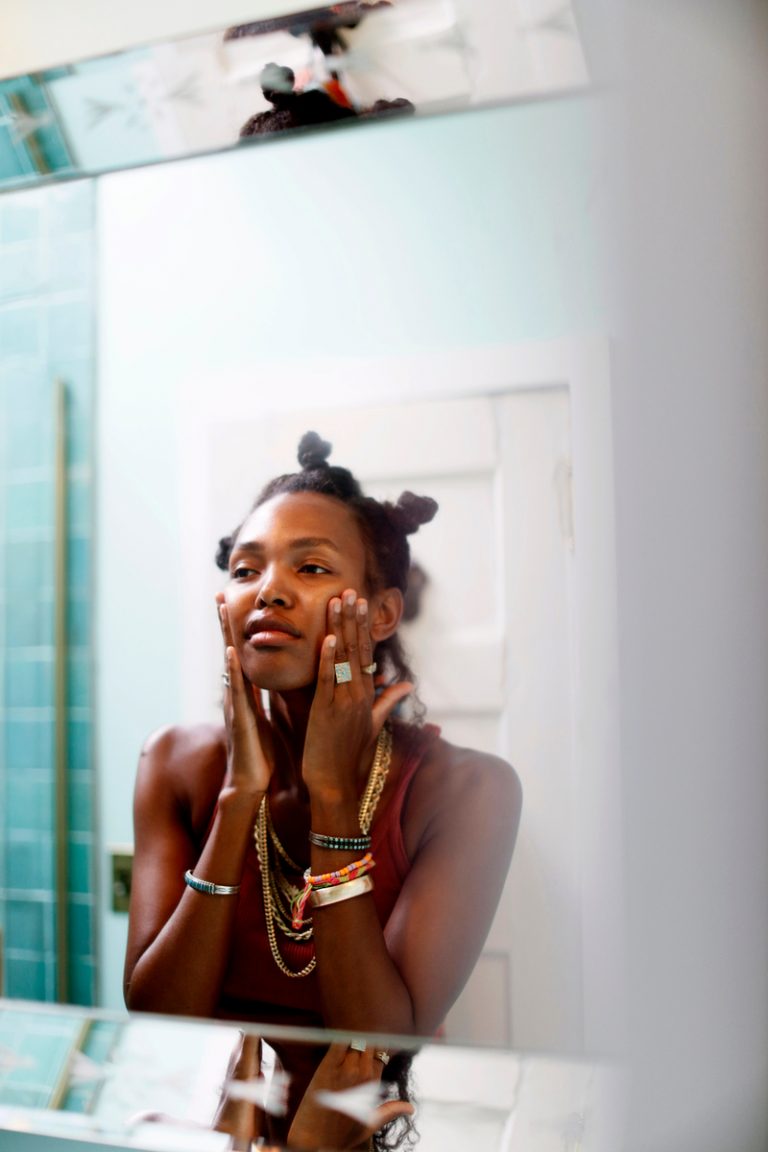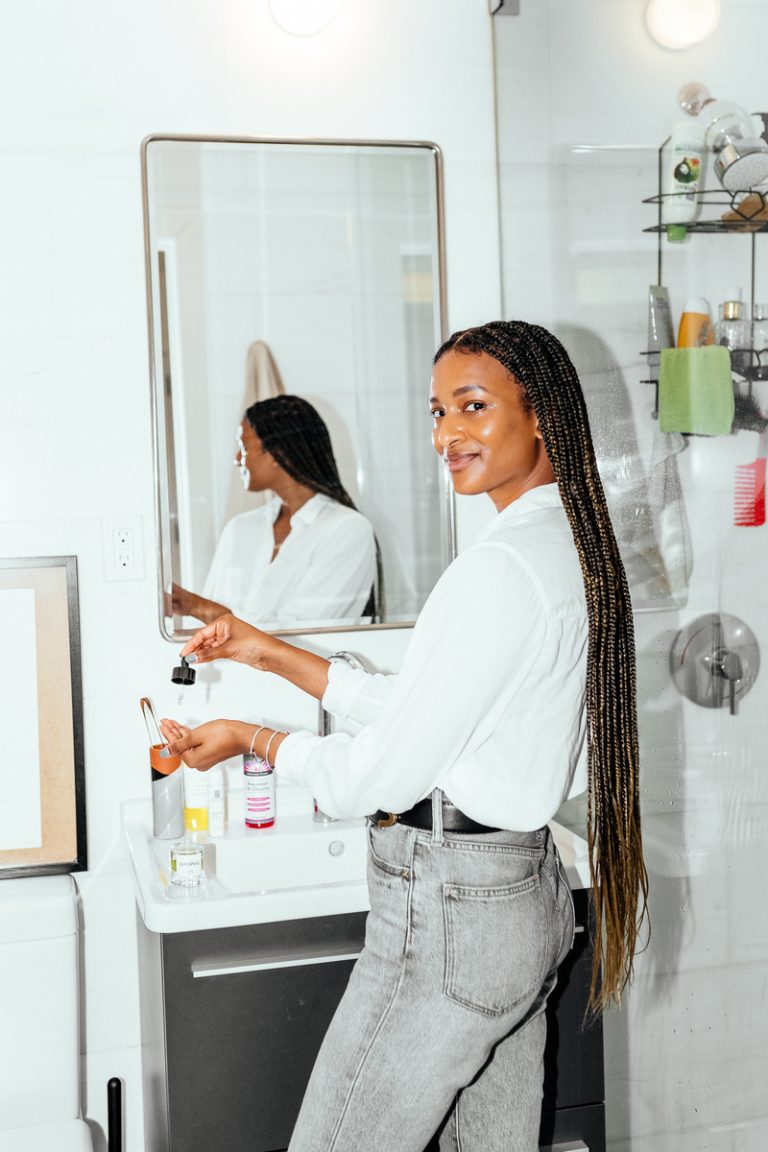
Even for those well-versed in the world of beauty, the battle of bakuchiol versus retinol is a headline that likely hasn’t yet hit your feeds. As a beauty writer, I like to think of myself as someone with their finger on the beauty world pulse. I wasn’t surprised when Kim Kardashian’s new skincare line turned out to be a whopping nine-step routine, nor was I shocked that it was formulated with help from revered aesthetician Joanna Czech. Not even Hailey Bieber’s glazed donut obsession could shake me.
But I was genuinely unknowing on a recent call with Dr. Elyse Love when one subject came up: bakuchiol versus retinol. Now well into my 30s, I’m an expert in the regenerating art of retinoids, but what about bakuchiol? (A funny little word that’s pronounced buh-koo-chee-ol.)
Feature image by Michelle Nash.
Not long after that call, I interviewed The Beauty Chef Founder, Carla Oates, who called out bakuchiol as one of the summer’s buzziest beauty ingredients. It was officially time to do a deep dive.
To learn everything there is to know about bakuchiol versus retinol, I called on one of my favorite sources, board-certified dermatologist Dr. Elizabeth Geddes-Bruce. Ahead, we answer all your burning bakuchiol questions and offer a few cutting-edge products to get you started.
First thing’s first: What is bakuchiol?
The plant-based skincare ingredient is a potent antioxidant that’s been proven to improve skin tone, minimize the appearance of fine lines, and increase skin firmness—the three things that happen to be the most valued anti-aging effects of retinol.
In recent years, bakuchiol has steadily gained popularity as a plant-based alternative to retinol, popping up in a variety of established skincare lines.
Why is bakuchiol gaining popularity now?
Though the soothing ingredient has roots in traditional Chinese and Ayurvedic medicine, it didn’t start garnering widespread buzz until a 2018 study focused on bakuchiol versus retinol. The conclusion: The effectiveness of bakuchiol against photoaging was comparable to retinol.
“The study showed that bakuchiol triggered the same genes as retinol when applied to a skin model,” Dr. Geddes-Bruce explains. “This then led to studies in humans comparing bakuchiol to retinol and seeing similar improvements in wrinkles and brown spots. These studies, along with claims of easier tolerability—retinols can be really irritating and difficult to consistently use—led to bakuchiol’s recent growth in popularity.”
Should I switch from retinol to bakuchiol?
Though they’re both powerful antioxidants, there is one major distinction when it comes to bakuchiol versus retinol: it soothes. Whereas retinol has earned its reputation for being a bit harsh (inspiring the common phrase, “If you’re peeling, it’s working!”), bakuchiol’s soothing properties make it far more palatable for sensitive skin. Plus, while doctors warn against using retinol before stepping out into the sun, evidence has shown that bakuchiol may make skin less sensitive to the sun’s rays.
As for whether you should make the switch to bakuchiol completely, it may be a bit too soon to say for most skin types.
“There’s not enough data to make that claim just yet, even though what’s out there so far is promising,” Dr. Geddes-Bruce says. “I would only recommend making the switch if you’ve had a difficult time incorporating a retinol into your regular regimen, which is often the case in those with sensitive skin. Otherwise, retinols (and retinoids like tretinoin) are still the gold standard. “
It should be noted that another benefit of the bakuchiol boom is learning just how well it works with retinol. Together, the hardworking duo can be tolerated by more sensitive skin types than when retinol is used on its own.
How should you incorporate bakuchiol products into your skincare routine?
According to Dr. Geddes-Bruce, most studies suggest that it’s best to apply skincare featuring bakuchiol to the face twice a day over a period of at least twelve weeks.
“Where it belongs in your personal regimen depends on how it’s formulated,” she adds. “So if you’ve got a number of topicals, then it’s best to consult an expert for some advice.”
7 Soothing (But Effective!) Bakuchiol Skincare Products
Ready to dig into the soothing, collagen-triggering world of bakuchiol? The following creams and serums (whether the ingredient works as an alternative or a companion to retinol) are an excellent way to get started.
